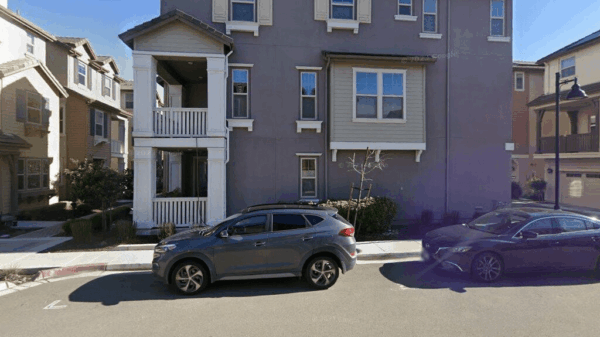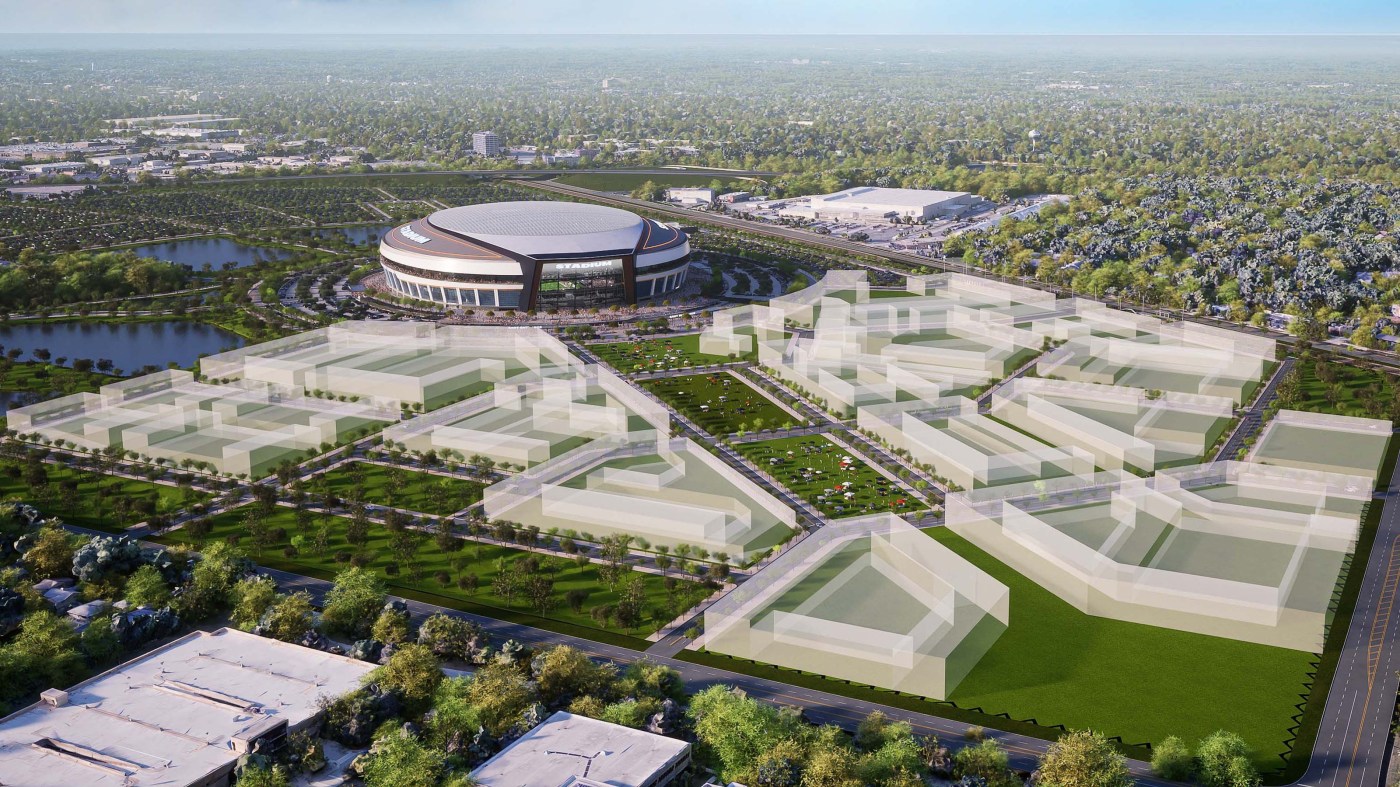UPDATE: Lawmakers reconvene today, September 26, 2023, in Springfield, and the Chicago Bears face a significant setback as their crucial stadium legislation has been stalled once again. This delay raises urgent questions about the future of major economic projects in Illinois.
Senate President Don Harmon declared that the fall veto session would serve as a bye week for the team, pushing their timeline back yet again. The proposed legislation is critical for enabling the Bears to move forward with plans to build a new stadium in Arlington Heights, a project the team emphasizes is essential for their future.
This measure, however, goes beyond just the Bears. It aims to provide a framework for attracting large-scale developments, termed “megaprojects,” which could potentially transform local economies. Yet, experts warn that the bill, as it stands, requires extensive revisions to benefit taxpayers adequately.
The proposed legislation stipulates that qualifying projects must invest at least $100 million, create a minimum of 100 full-time jobs, and maintain operations for at least 20 years. Critics argue that the $100 million threshold is too low, potentially allowing ordinary developments, such as apartment complexes, to qualify for long-term tax breaks that should be reserved for genuinely transformative ventures.
“Megadevelopments ought to be just that — megadevelopments,”
one concerned official stated. “A project worth less than $500 million shouldn’t be considered ‘mega.’”
Moreover, the proposed tax agreements could last up to 40 years, lacking guarantees that funds would be used to alleviate the tax burdens on existing residents. In a state already grappling with one of the highest property tax rates in the nation, this raises red flags for local taxpayers.
Supporters of the bill, including Gov. JB Pritzker, view it as a necessary tool for economic development. Pritzker previously secured $400 million to attract significant private investments, indicating a strong commitment to revitalizing the state’s economy. However, the effectiveness of these incentives remains in question, especially in light of recent challenges faced by similar projects in other states.
For instance, the $20 billion semiconductor campus being developed by Intel in New Albany, Ohio, has encountered significant delays, raising concerns about its viability and economic impact. Pritzker’s administration must tread carefully to avoid repeating such pitfalls.
As the Bears await a resolution, the urgency of the situation is palpable. Will Illinois lawmakers prioritize the needs of the team over the interests of taxpayers? The answer remains uncertain, but the implications are clear: the state must ensure that any tax incentives awarded are reserved for true game-changers and provide tangible benefits to the community.
As the situation develops, all eyes will be on lawmakers to see if they can strike a balance between fostering economic growth and protecting the interests of local taxpayers. The Bears may have to wait for their new stadium, but the future of Illinois’ economic landscape hangs in the balance.
For ongoing updates, follow the latest developments as they unfold.





































































